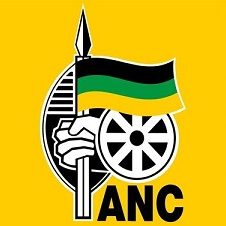The 2012 Mangaung Conference of the ANC, cognizant that the neglect of cadre policy accounts a lion’s share in the weaknesses and challenges faced by the movement since the advent of the democratic dispensation, declared the period 2013 – 2023 as ‘The Decade of the Cadre’, with a commitment to implement a decade-long programme of organizational renewal to safeguard the core values of the ANC and build its transformative capacity as a strategic centre of power and driver of fundamental change in the South African society.
The declaration, as observed, was earmarked at developing a contingent of cadres with attributes that accord with tasks of the National Democratic Revolution.
The 2007 strategy and tactics document preludes that the ANC should appreciate the critical importance of political power as an instrument to address the ills of colonialism. It should negotiate and preside over the myriad problems of incumbency in a manner that ensures future survival as a principled leader of fundamental change, respected and cherished by the masses for what it represents and how it conducts itself in practice.
Therefore, in the current epoch, having reflected on our weaknesses and the ‘Decay’ in the Cadre, with worsening material conditions majority of South Africans find themselves in, the Decade of the Cadre, to begin in earnest, must be rethought and reaffirmed as cornerstones of renewal and unity, that both affirm our call for a National Democratic Society.
The phase we seek demands a cadre of high moral capability and capacity, to build a South Africa ordinary masses aspire, and is both honest and upright. A cadre who trembles at the illogicality of a liberation movement that has governed for over twenty-six (26) years uninterrupted, still doing door to door begging for votes.
To borrow from Comrade Peter Mayibuye, who a few weeks ago protested against hoisting of the ANC Flag in defense to criticism, asserted, “A defective leadership not only holds back the attainment of national objectives. It also presents a difficult conundrum for the movement: in that, to rationalise its bad choices, the ANC has to lower itself to embrace those defects of the leaders it has chosen as its own defects.
Steadily, these defects of the individual leaders become by default, the collective property of the organisation, its own blind spots, and its subliminal attributes in the public imagination.”
The leadership of any organisation is the personification of that organisation. The moral decay and non-policy-implementing organ we have become has allowed advances of capitalism to embed an enormous sense of greed, exploitation, material-centered, and individualistic social fabric within our leaders, and society at large. The ANC needs to assume its rightful place as a leader of society.

